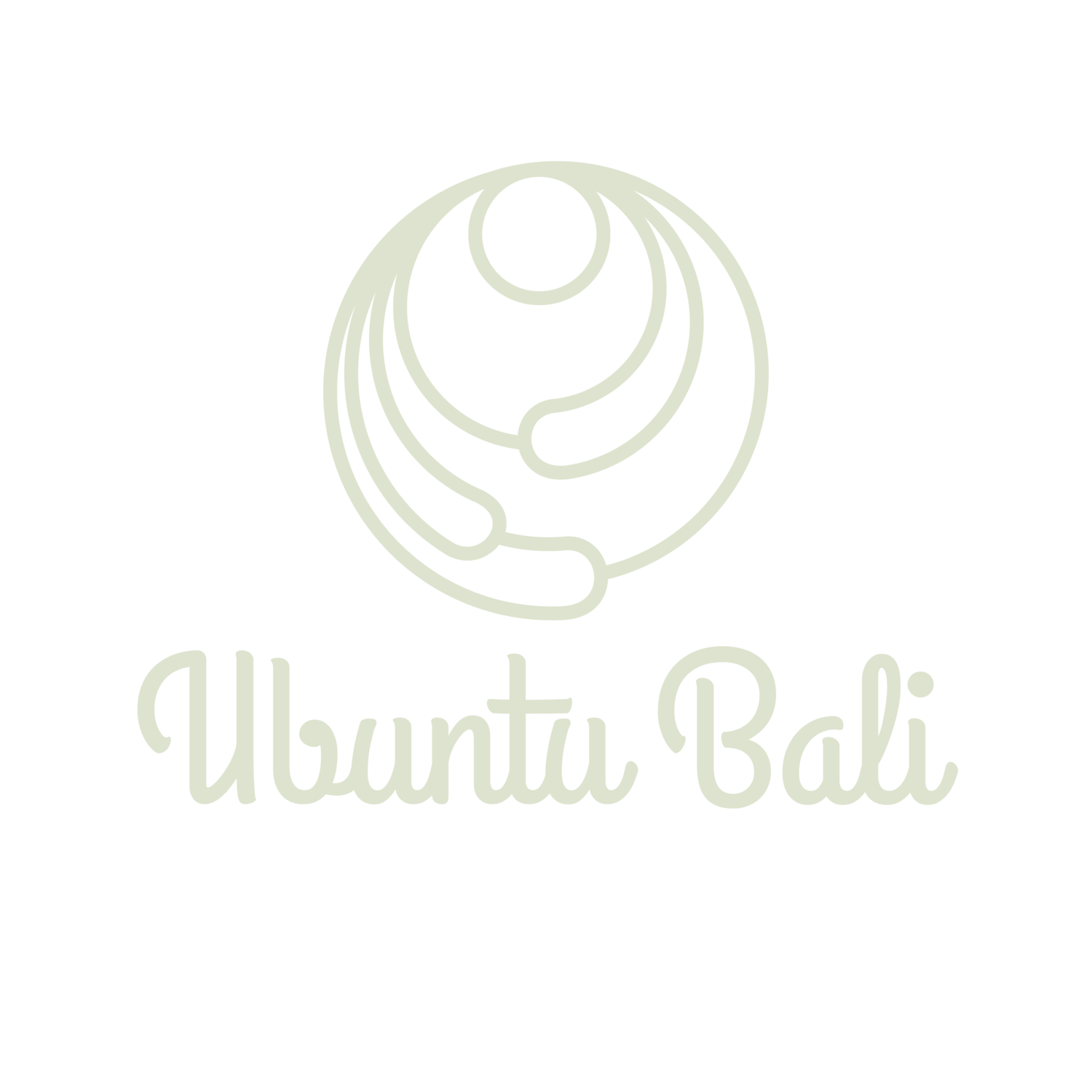Why Permaculture Works & How This System Helps Humanity
Here’s an interesting concept: every human being is an immigrant to planet earth. How gracious was that Divine Source to create a harmonious system that’s both natural and sustainable.
That is, until humans colonised our beloved Earth. Have no fear, permaculture is here. What is permaculture and why should you care?
Well, instead of working against nature and depleting our resources, permaculture aims to make nature work for us by taking advantage of natural cycles and interactions within a landscape.
So in order to better understand, let's look at what makes permaculture sustainable, different from other sustainable design systems, and the benefits of implementing this system.
What Is Permaculture?
Permaculture is a sustainable design system that seeks to integrate human activity with natural ecosystems, for the benefit of both humans and nature.
The name permaculture was derived from permanent agriculture and permanent culture, implying that it is a design system that can be used to create long-term sustainable human habitats.
It's about being thoughtful and respectful in how we manage our resources and how we go about making changes in our lives. It applies to everything from agriculture to architecture and beyond, so that we can continue to use resources without depleting them or harming the earth in which they're rooted.
Permaculture was the brainchild of Bill Mollison, who first developed his ideas while teaching design courses in Tasmania in the 1970s. The field expanded rapidly after his student David Holmgren published Permaculture One: A Perennial Agriculture For Human Settlements in 1978; it became a global phenomenon by the 1980s.
Today there are thousands of certified permaculturalists around the globe who continue to spread awareness about sustainable practices through books and workshops.
How Is Permaculture Maintained Over Time?
By creating a system of symbiotic relationships between its parts. Its focus is on sustainability—ensuring that nature can supply us with all of our needs indefinitely into the future.
To do this, permaculture advocates that we use renewable energy sources as much as possible and only use other forms of energy—like electricity powered by fossil fuels—when absolutely necessary.
Underpinning permaculture's philosophy is the idea that living things interact with each other in a web of life, similar to how one species affects another.
In order to have a thriving ecosystem and prevent any members from dying out, each species must be grown and nurtured in an overlapping cycle of inputs and outputs. While it may seem like an overwhelming undertaking to plan for these interconnections at first, the process is really about keeping a few core tenets in mind. After all, if we're going to be sustainable humans, we might as well act like it.
Permaculture often involves implementing sustainable practices such as composting, raising your own food, and recycling—which may all sound daunting on their own but are actually easy to achieve when you start approaching them with permaculture principles in mind.
Composting Food to Reduce Waste
As the new Earth continues to shift in consciousness, there’s been a huge rise in the amount of people concerned the planet’s well-being. Many are taking an active role in reducing their environmental footprint.
One of the easiest and simplest ways to do this is by composting food waste.
Growing things sustainably requires a healthy soil, which means using compost to ensure your plants get all the nutrients they need.
Composting also keeps organic waste out of landfills where it can release methane into the atmosphere (one of the worst greenhouse gasses). This is especially important because food waste makes up over 30% of total landfill volume.
So there you have it. A brief look into the world of permaculture. Let’s face it, nature is a force to be reckon with. Rather than colonising this gift, it’s in the best interest of every human to remember our true essence. Our bodies come from the nature and when we check out of this planet, the body returns.
It’s time to get in touch with your roots. If you’re in Bali and looking to do so, Ubuntu Bali is offering a series of permaculture workshops to aide you in your journey.

